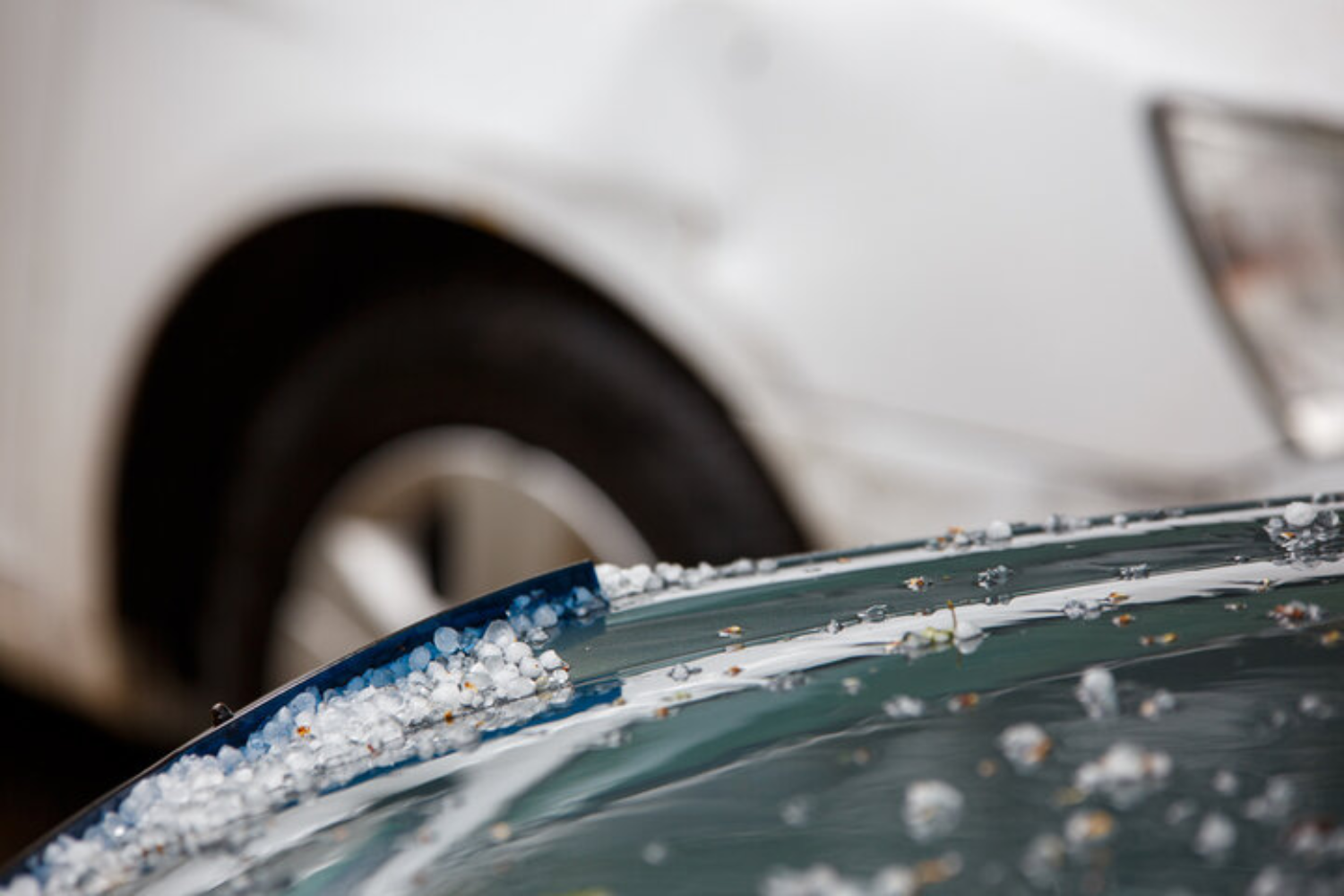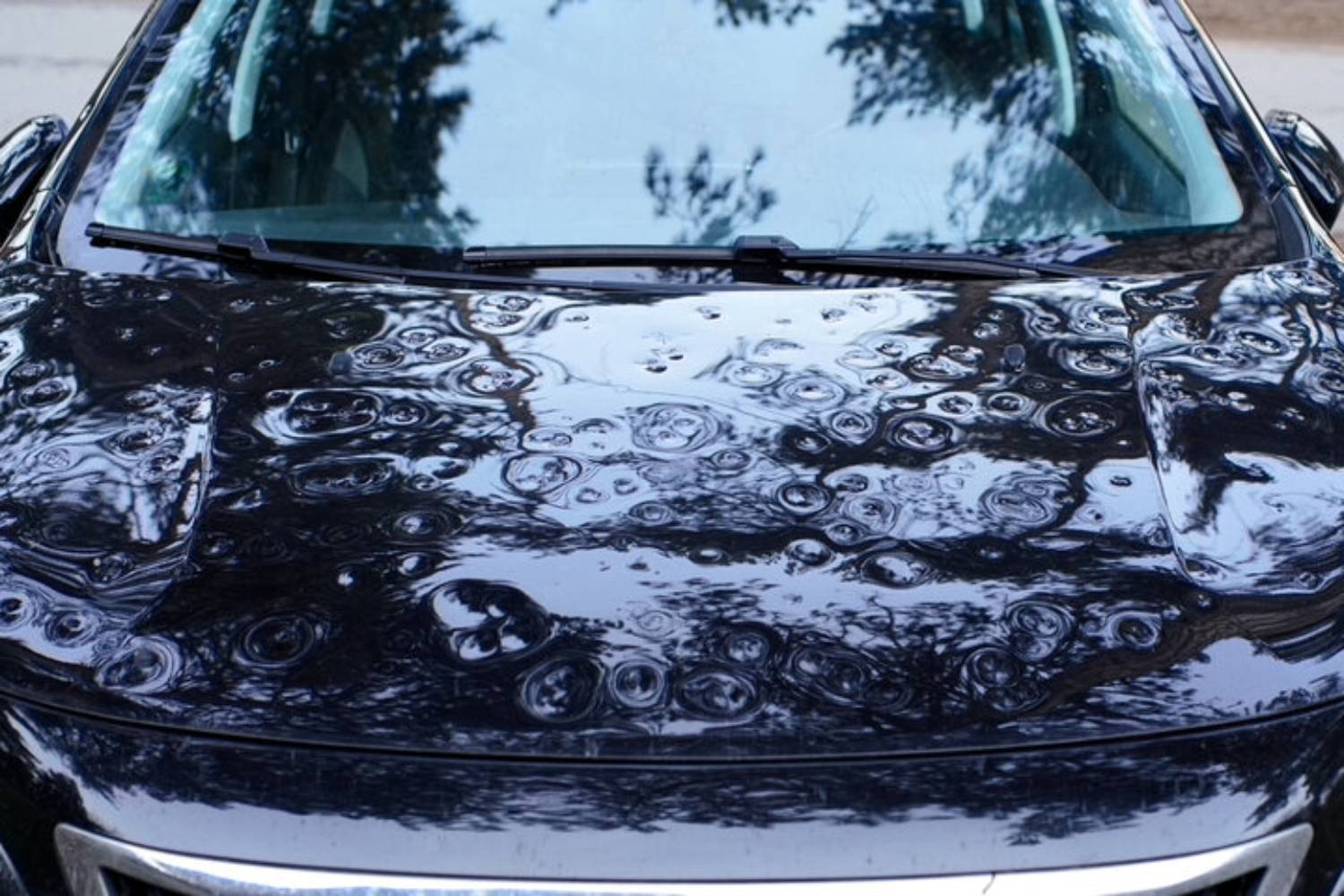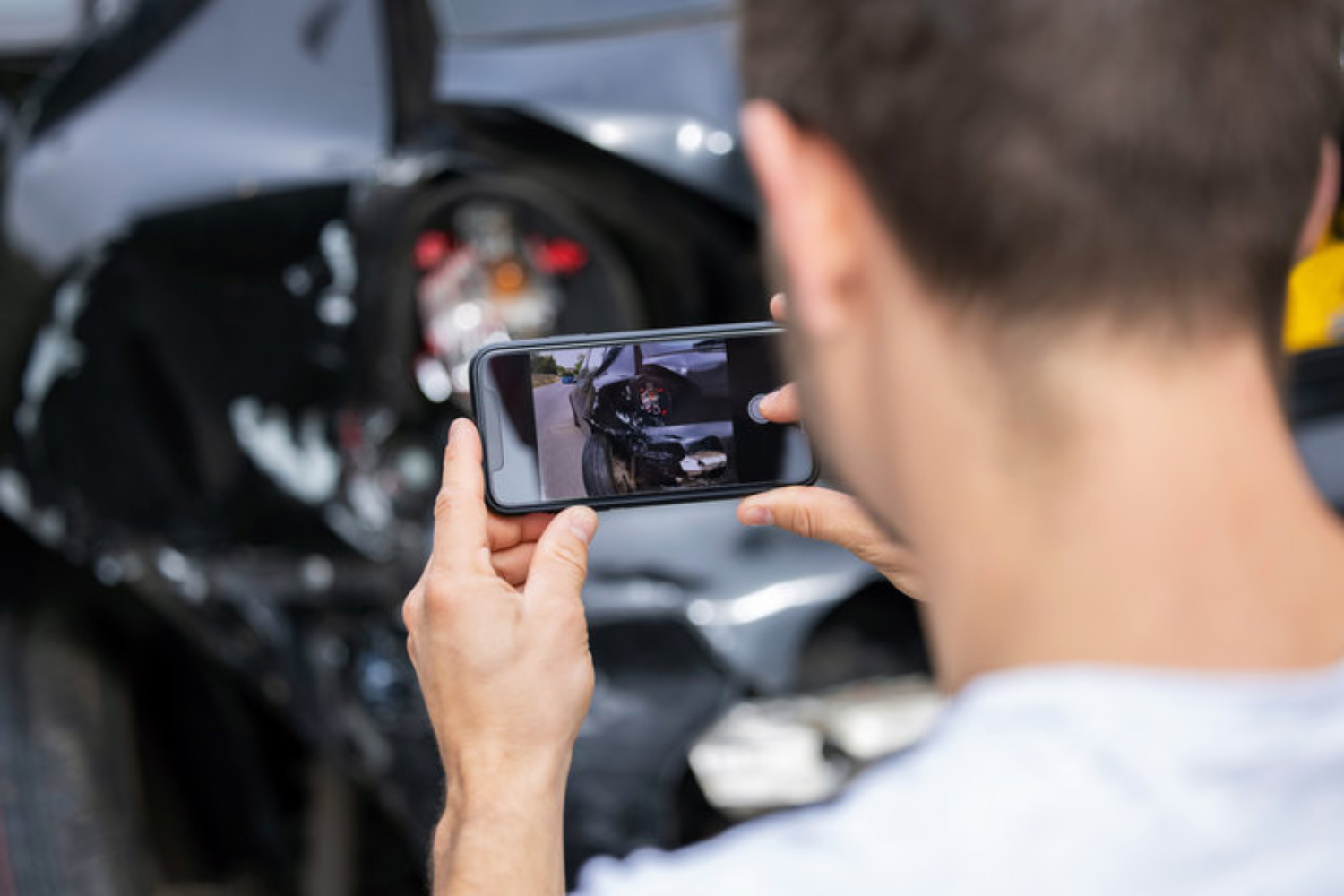10 Questions to Ask Your Collision Repair Technician
.png)
After being involved in an accident, selecting the right collision repair technician can feel overwhelming. To ensure that your vehicle is properly repaired and restored, it's essential to ask the right questions. Not only does this help you understand the repair process, but it also ensures you choose a technician who is skilled, trustworthy, and transparent. This guide covers the 10 key questions to ask your technician before you agree to any repairs.
1. What’s the Estimated Timeline for My Repair?
One of the first questions you should ask your collision repair technician is about the estimated timeline for your repair. Repair timeframes can vary greatly depending on the severity of the damage, availability of parts, and the workload of the repair shop.
A reliable technician should be able to provide you with an estimated timeline for when the work will be completed. However, it’s also important to understand that unforeseen delays, such as part shortages or additional damage discovered during the repair process, could extend the timeline. Knowing the expected timeframe allows you to plan accordingly and set realistic expectations.
2. Will My Vehicle’s Original Parts Be Used for the Repair?
You should always ask if the repair will be done using OEM parts or if aftermarket parts will be used. OEM parts are identical to the original parts used in your vehicle, ensuring they fit perfectly and maintain the integrity and safety of your car. Aftermarket parts, while often more affordable, may not offer the same level of performance or durability.
If the repair shop plans to use aftermarket parts, ask why they are being used and whether they affect the safety, performance, or value of your vehicle. It’s essential to make an informed decision about the parts being used to ensure your vehicle is restored properly.
3. Are Your Technicians Certified?
Certifications indicate the level of expertise and training a technician has received. Certified technicians have completed rigorous training and assessments to ensure they meet industry standards. When choosing a collision repair shop, you want to ensure that the technicians working on your vehicle are properly certified.
Look for certifications such as I-CAR (Inter-Industry Conference on Auto Collision Repair) or ASE (Automotive Service Excellence), which are recognized in the industry and demonstrate the technician's ability to perform quality repairs. Certified technicians are more likely to understand your vehicle's needs and complete the repair accurately.
4. Can You Provide a Written Estimate?
Before agreeing to any repairs, always ask for a written estimate. This estimate should outline the expected cost for parts, labor, and any other charges involved in the repair. A detailed estimate not only gives you an idea of what to expect financially but also helps prevent unexpected costs down the road.
The written estimate serves as a contract between you and the repair shop, ensuring that no additional work is done without your approval. It’s essential to review the estimate carefully and ask for clarification on any charges that seem unclear or excessive.
5. What’s the Warranty on Your Work?
A trustworthy collision repair shop should offer a warranty on their work, which assures you that they stand behind the quality of their repairs. A good warranty should cover the parts, labor, and any potential issues that might arise after the repair is completed.
Be sure to ask for the details of the warranty, such as how long it lasts and what it covers. Some warranties may cover the repair for a few months, while others may last longer. Understanding the warranty terms helps you feel secure in your decision to have your vehicle repaired at that shop.
6. Will My Insurance Cover the Repairs?
Before proceeding with repairs, it’s important to confirm whether your insurance will cover the costs. Ask your collision repair technician if they work directly with your insurance provider and whether they are a preferred repair shop. This can simplify the claims process, as the technician can handle the paperwork and communication with your insurance company.
You should also ask if there will be any out-of-pocket costs, such as your deductible or if certain repairs won’t be covered. Understanding your insurance coverage and how it applies to the repair can help avoid any financial surprises.
7. Will My Vehicle Be Inspected After the Repairs?
Once the repair work is completed, ask if your vehicle will undergo an inspection. A post- collision repair inspection is an essential step in ensuring that everything was fixed properly and that your vehicle is roadworthy. The inspection should cover areas like the frame alignment, auto paint quality, structural integrity, and any safety features that may have been affected during the repair process.
Some repair shops also perform specific tests, such as checking for airbag functionality or ensuring that the vehicle’s electronics are working properly. A thorough inspection ensures that no details are overlooked and that your vehicle is safe to drive.
8. Can You Show Me the Damage Before and After the Repair?
It’s always helpful to ask to see the damage to your vehicle before and after the repair process. A reputable technician should be willing to show you the before-and-after photos or allow you to inspect the work once it’s finished. This transparency ensures that the repair work was done properly and that the final results meet your expectations. Being able to see the progression of the repair helps you verify that the issues were properly addressed and that the repairs restored your vehicle to its pre-damage condition.
9. What Steps Do You Take to Ensure Safety During Repairs?
Safety is a top priority during the repair process. Ask the technician about the steps they take to ensure that the safety features of your vehicle, such as airbags, braking systems, and ADAS are protected during repairs.
In addition, inquire about the materials used in the repair and whether they meet safety standards. A reputable repair shop should follow industry protocols to ensure that the structural integrity of your vehicle is maintained. This ensures that your vehicle remains safe to drive after the repair.
10. Do You Offer Any Additional Services?
Many collision repair shops offer additional services that can benefit you. These services may include paintless dent repair, detailing, or even rental car assistance while your vehicle is being repaired. Asking about these services can save you time and money, as you won’t need to look for additional service providers.
You should also inquire about any extra fees or packages that might be available, such as car waxing or frame straightening, to keep your vehicle looking and functioning at its best.
Schedule an Appointment with Our Certified Collision Repair Technicians Today
Asking the right questions before committing to collision repairs in San Antonio, TX, ensures you’re getting high-quality work that meets your expectations. By addressing key concerns like repair timelines, part quality, technician certifications, and warranties, you can make an informed decision that will give you peace of mind.
At Northside Collision, we prioritize transparency, safety, and customer satisfaction in every repair we complete.
If you have any more questions, contact us today to learn more about our collision repair services or schedule an appointment with our skilled technicians.



